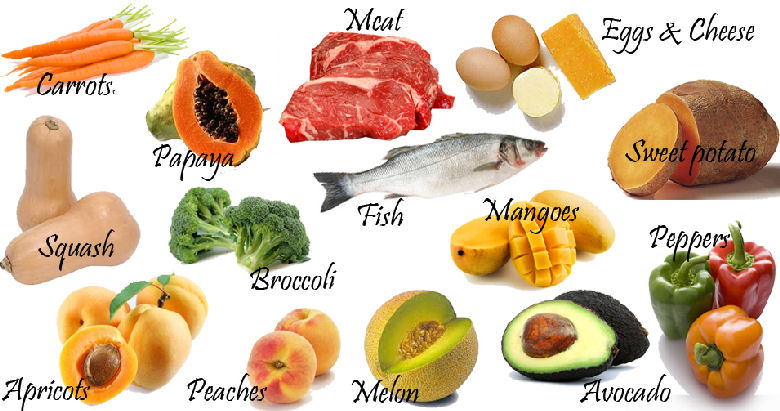220.WHY DO WE NEED VITAMIN C?
The food we take into our bodies supplies us with many important substances such as proteins, fats, carbohydrates, water, and mineral substances. But these alone are not enough. In order to maintain life we need still other substances known as vitamins.
Vitamins are substances formed by plants or animals. They must be supplied to the body in minute quantities so that vital processes can continue undisturbed. When there is a lack of vitamins in our body, diseases will occur. For instance, lack of vitamin A affects our vision; lack of vitamin B produces a disease called beriberi, and so on.
Long before man knew about vitamins, it had been observed that when people couldn’t get certain types of foods, diseases would develop. Sailors, for instance, who went on long trips and couldn’t get fresh vegetables would get a disease called scurvy. In the seventeenth century British sailors were given lemons and limes to prevent this disease. And this, by the way, is why British sailors got the nickname, “limeys!”
The vitamin that prevents scurvy is vitamin C. It is also called ascorbic acid. Some vitamins are found in the embryos of plants. For example vitamin B1 is found in the germ of the wheat. Vitamin C is found in the fresh green leaves, the roots, the stems, the buds and the pods of fully developed plants.
A curious thing about vitamin C is that almost all mammals produce their own vitamin C in the liver and so never suffer from a lack of it. But man, the apes, and guinea pigs are the only mammals which cannot produce their own vitamin C in the liver!
What happens when there is a lack of this vitamin in the body? The blood vessels become fragile and bleed easily. Black-and-blue marks appear on the skin and near the eyes. The gums bleed easily. Our hormones and enzymes don’t function well, our resistance to infection by bacteria is lowered, and we may develop inflammations in the throat.



Leave a Reply